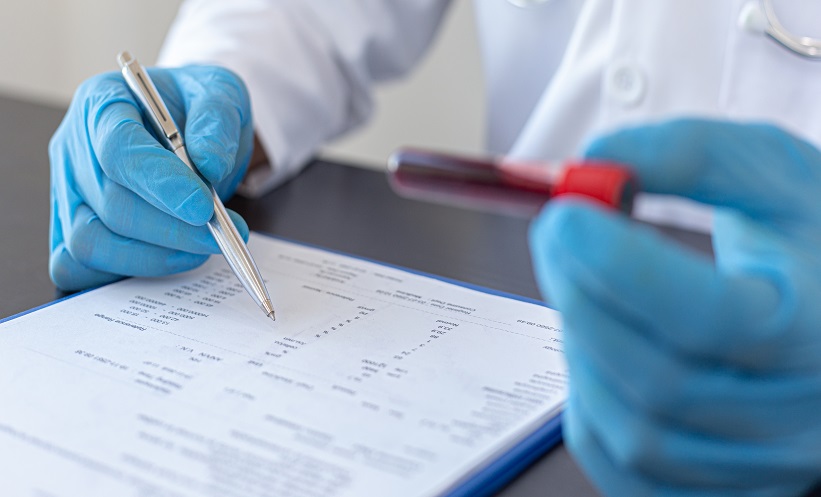MARBURG virus (MARV) survivors have been investigated in a new study that has identified a key immunogen in the virus’s wing domain that could revolutionize vaccine development. MARV infection triggers a complex antibody response in survivors, and this research, spanning 5 years, offers new insights into these responses giving key information in vaccine development.
Researchers tracked the proteome-wide antibody profile in 10 survivors, examining their immune responses every 6 months over 5 years. IgG antibodies remained robust, but IgM and IgA responses declined gradually. Despite the broad immune response against multiple viral proteins like GP, VP40, VP30, and VP24, the durability of neutralizing antibodies in survivors was low.
One critical finding was the identification of immunodominant regions in the virus’s glycoprotein (GP), particularly in the wing domain between GP1 and GP2, which elicits neutralizing antibodies. The research shows that MARV survivors develop strong, long-lasting IgG responses that interact with Fc receptors, aiding in viral control. Identification of the wing domain of the Marburg glycoprotein as a potential immunogen for vaccine development is a crucial development in this virus, highlighting the importance of Fc receptor interactions in the immune response.
The discovery of the wing domain as a promising vaccine target is significant. Vaccines designed around this conserved region could generate neutralizing antibodies, providing more effective protection against Marburg virus outbreaks.
This study not only enhances our understanding of immune responses to Marburg virus but also paves the way for more effective vaccine strategies that could save lives in future outbreaks.
Reference: Khurana S et al. Longitudinal proteome-wide antibody profiling in Marburg virus survivors identifies wing domain immunogen for vaccine design. Nat Commun. 2024;15(1):8133.
Anaya Malik | AMJ








